October 22, 2024
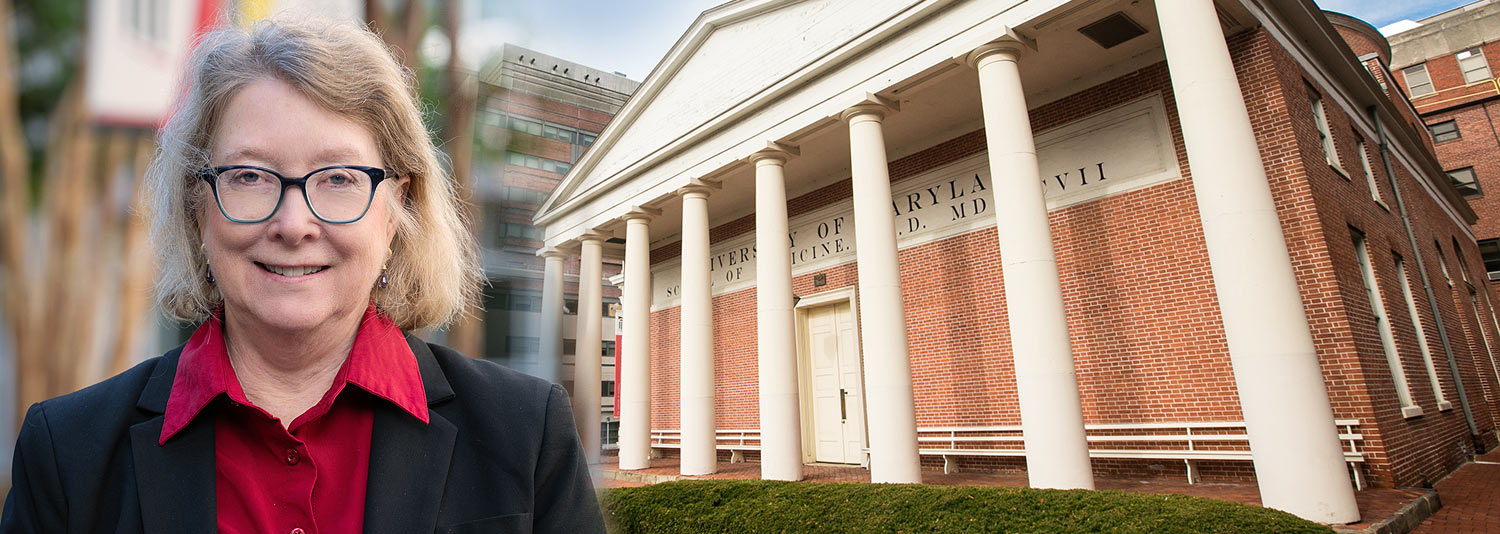
Margaret M. McCarthy, PhD, an internationally-recognized neuroscientist, who is the James and Carolyn Frenkil Dean’s Endowed Professor in the University of Maryland School of Medicine's Department of Pharmacology, Physiology, and Drug Development, and Director of the University of Maryland – Medicine Institute of Neuroscience Discovery (UM-MIND), has been elected as a new member of the National Academy of Medicine.
Election to the NAM is considered one of the highest honors in health and medicine and recognizes individuals who have demonstrated outstanding professional achievement and commitment to service.
 The Academy recognized Dr. McCarthy for her influential research on the cellular mechanisms that establish sex differences in developing brains, and for being the first to discover a critical role of the immune system in determining sex differences and the impact of infection and inflammation on neuroanatomical and behavioral outcomes. Her research illuminates novel mechanisms by which male and female brains become differentially vulnerable to the impact of injury and inflammation, which can have lifelong consequences for risk of neuropsychiatric and neurological disorders.
The Academy recognized Dr. McCarthy for her influential research on the cellular mechanisms that establish sex differences in developing brains, and for being the first to discover a critical role of the immune system in determining sex differences and the impact of infection and inflammation on neuroanatomical and behavioral outcomes. Her research illuminates novel mechanisms by which male and female brains become differentially vulnerable to the impact of injury and inflammation, which can have lifelong consequences for risk of neuropsychiatric and neurological disorders.
NAM elected 90 regular members and 10 international members during its annual meeting. The newly elected members bring NAM’s total membership to more than 2,400, which includes nearly 200 international members.
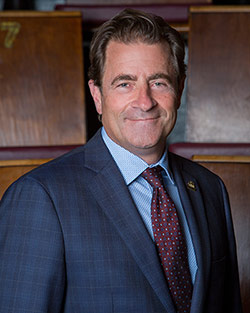 Current NAM members elect new members through a process that recognizes individuals who have made major contributions to the advancement of the medical sciences, health care, and public health. A diversity of talent among NAM’s membership is assured by its Articles of Organization, which stipulate that at least one-quarter of the membership is selected from fields outside the health professions — for example, from such fields as law, engineering, social sciences, and the humanities.
Current NAM members elect new members through a process that recognizes individuals who have made major contributions to the advancement of the medical sciences, health care, and public health. A diversity of talent among NAM’s membership is assured by its Articles of Organization, which stipulate that at least one-quarter of the membership is selected from fields outside the health professions — for example, from such fields as law, engineering, social sciences, and the humanities.
“Dr. McCarthy has been instrumental in shaping the study of neuroscience and our understanding of how the brain develops differently in males and females,” said Mark T. Gladwin, MD, who is the John Z. and Akiko K. Bowers Distinguished Professor and Dean of UMSOM, and Vice President for Medical Affairs at University of Maryland, Baltimore. “Her seminal research on the influence of steroid hormones on the developing brain, and studies of inflammatory and immune-mediated sex differences have played a major role in the treatment of developmental neuropsychiatric disorders with a gender bias."
Major Discoveries on Sex Differences and the Brain
As a leading neuroscientist, Dr. McCarthy has made significant discoveries related to sex differences and the brain. Her more than 270 scientific publications have been cited more than 18,000 times in more than 11,000 articles, with the NIH providing her with $28 million in continuous funding over the past 30 years.
Dr. McCarthy was the first to discover a critical role of the immune system in determining sex differences and the impact of infection and inflammation on neuroanatomical and behavioral outcomes, which provided mechanistic insights into the higher prevalence of autism spectrum disorders and schizophrenia in boys and men. She also conducted some of the first studies illuminating the molecular and genetic mechanisms that feminize or masculinize the developing brain.
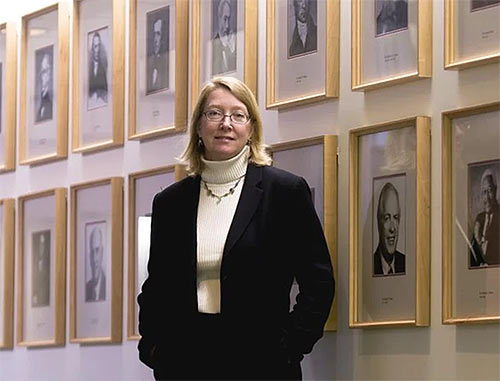 Dr. McCarthy’s research has revealed both naturally occurring variations and points of vulnerability and nodes for intervention in the treatment of developmental neuropsychiatric disorders with a gender bias. Her work is leading to new innovations in policies by the NIH and the FDA mandating that preclinical research and drug dosing take into account the potential influence of sex and gender on outcomes. The impact of these policy shifts will include new guidelines for the treatment of both men and women that incorporate the importance of sex as a biological variable.
Dr. McCarthy’s research has revealed both naturally occurring variations and points of vulnerability and nodes for intervention in the treatment of developmental neuropsychiatric disorders with a gender bias. Her work is leading to new innovations in policies by the NIH and the FDA mandating that preclinical research and drug dosing take into account the potential influence of sex and gender on outcomes. The impact of these policy shifts will include new guidelines for the treatment of both men and women that incorporate the importance of sex as a biological variable.
Longtime Academic Leader
Dr. McCarthy joined the UMSOM faculty in 1993 as a Assistant Professor in the Department of Physiology. In 2002 she was appointed Assistant Dean of Graduate Studies at the University of Maryland, Baltimore, serving as the inaugural Director of the graduate Program in Life Sciences, as well as being named Associate Director of the Program in Neuroscience at the graduate school.
Dr. McCarthy was named Chair of the Department of Pharmacology at the medical school in 2011, and became the Director of the Program in Neuroscience in 2019.
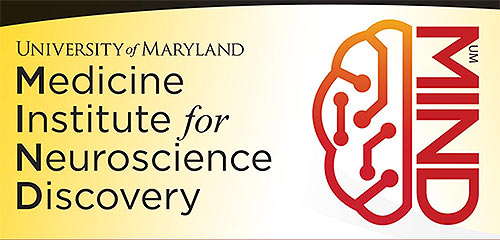 In 2023, as the School of Medicine merged the departments of Physiology and Pharmacology to create the new Department of Pharmacology, Physiology, and Drug Development, Dr. McCarthy transitioned from her role as Chair to become the inaugural Director of the new University of Maryland – Medicine Institute of Neuroscience Discovery (UM-MIND). Formed in 2023, the Institute conducts translational research of the brain and fosters collaboration between basic and clinical neuroscientists.
In 2023, as the School of Medicine merged the departments of Physiology and Pharmacology to create the new Department of Pharmacology, Physiology, and Drug Development, Dr. McCarthy transitioned from her role as Chair to become the inaugural Director of the new University of Maryland – Medicine Institute of Neuroscience Discovery (UM-MIND). Formed in 2023, the Institute conducts translational research of the brain and fosters collaboration between basic and clinical neuroscientists.
“It is a tremendous honor to receive this recognition from the National Academy of Medicine,” said Dr. McCarthy. “I have spent most of my career at the University of Maryland School of Medicine and owe this success to the many trainees, colleagues, friends, and leaders who have supported and challenged me along the way.”
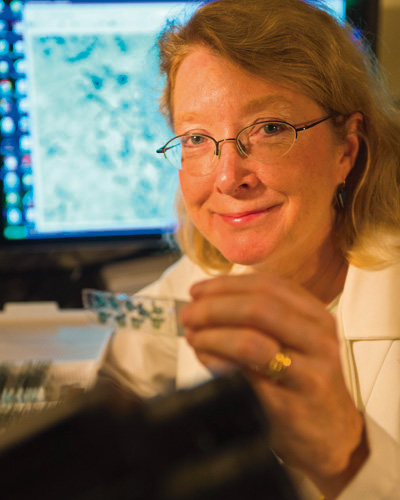 In addition to her research and academic positions, Dr. McCarthy is past President of the Organization for the Study of Sex Differences, a member of the Dana Alliance on Brain Research, and a Fellow of the American Association for the Advancement of Science. She has served as Associate Editor of the Journal Hormones and Behavior since 2004, and as an Advisory Board Member of eNeuro since 2015. Dr. McCarthy also served as Associate Editor of the Journal of Neuroscience from 2007 to 2011, and was Editor of Endocrinology from 2008 to 2013.
In addition to her research and academic positions, Dr. McCarthy is past President of the Organization for the Study of Sex Differences, a member of the Dana Alliance on Brain Research, and a Fellow of the American Association for the Advancement of Science. She has served as Associate Editor of the Journal Hormones and Behavior since 2004, and as an Advisory Board Member of eNeuro since 2015. Dr. McCarthy also served as Associate Editor of the Journal of Neuroscience from 2007 to 2011, and was Editor of Endocrinology from 2008 to 2013.
The University of Maryland, Baltimore recognized Dr. McCarthy as Researcher of the Year in 2016, and she has received numerous other awards over the course of her career, including the the Patricia Sokolove Outstanding Mentor Award from the Graduate Student Association, and being named one of Maryland’s Top 100 women by the Maryland Daily Record.
Other UMSOM faculty members who have been elected to the National Academy of Medicine include: William Carpenter, Howard Goldman, E. Albert Reece, Paul Stolley, Donald Wilson, Theodore Woodward, Claire Fraser, Robert Gallo and Kirsten Lyke.
About the National Academy of Medicine
Established originally as the Institute of Medicine in 1970 by the National Academy of Sciences, the National Academy of Medicine addresses critical issues in health, science, medicine, and related policy and inspires positive actions across sectors. NAM works alongside the National Academy of Sciences and the National Academy of Engineering to provide independent, objective analysis and advice to the nation and conduct other activities to solve complex problems and inform public policy decisions. The National Academies of Sciences, Engineering, and Medicine also encourage education and research, recognize outstanding contributions to knowledge, and increase public understanding of STEMM. With their election, NAM members make a commitment to volunteer their service in National Academies activities.
About the University of Maryland School of Medicine
Now in its third century, the University of Maryland School of Medicine was chartered in 1807 as the first public medical school in the United States. It continues today as one of the fastest growing, top-tier biomedical research enterprises in the world -- with 46 academic departments, centers, institutes, and programs, and a faculty of more than 3,000 physicians, scientists, and allied health professionals, including members of the National Academy of Medicine and the National Academy of Sciences, and a distinguished two-time winner of the Albert E. Lasker Award in Medical Research. With an operating budget of more than $1.2 billion, the School of Medicine works closely in partnership with the University of Maryland Medical Center and Medical System to provide research-intensive, academic, and clinically based care for nearly 2 million patients each year. The School of Medicine has more than $500 million in extramural funding, with most of its academic departments highly ranked among all medical schools in the nation in research funding. As one of the seven professional schools that make up the University of Maryland, Baltimore campus, the School of Medicine has a total population of nearly 9,000 faculty and staff, including 2,500 students, trainees, residents, and fellows. The School of Medicine, which ranks as the 8th highest among public medical schools in research productivity (according to the Association of American Medical Colleges profile) is an innovator in translational medicine, with 606 active patents and 52 start-up companies. In the latest U.S. News & World Report ranking of the Best Medical Schools, published in 2023, the UM School of Medicine is ranked #10 among the 92 public medical schools in the U.S., and in the top 16 percent (#32) of all 192 public and private U.S. medical schools. The School of Medicine works locally, nationally, and globally, with research and treatment facilities in 36 countries around the world. Visit medschool.umaryland.edu
Contact
Office of Public Affairs
655 West Baltimore Street
Bressler Research Building 14-002
Baltimore, Maryland 21201-1559
Contact Media Relations
(410) 706-5260
Related stories
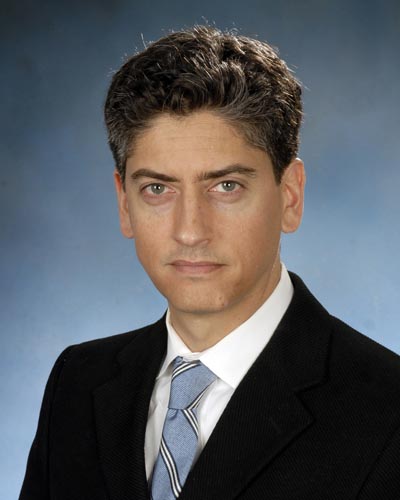
Monday, November 14, 2022
Brain Area Thought to Impart Consciousness, Behaves Instead Like an Internet Router
Tucked underneath the brain’s outer, wrinkly cortex is a deeply mysterious area, known as the claustrum. This region has long been known to exchange signals with much of the cortex, which is responsible for higher reasoning and complex thought. Because of the claustrum’s extensive connections, the legendary scientist Francis Crick, PhD, of DNA-discovery fame, first postulated in 2005 that the claustrum is the seat of consciousness. In other words, the region of the brain enabling awareness of the world and ourselves.

Monday, March 14, 2022
Dancing Laboratory Rats Show How the Brain Learns, Perfects, then Unconsciously Performs a Skillful Movement
Learning a complex skilled movement like tying your shoes or playing an instrument takes practice. After repeating the same movements over and over, people often develop a formulaic way of performing the task, and may not even have to think about it anymore. Although we accomplish such repetitive tasks every day, little is known about how the brain learns, repeats, and perfects them.
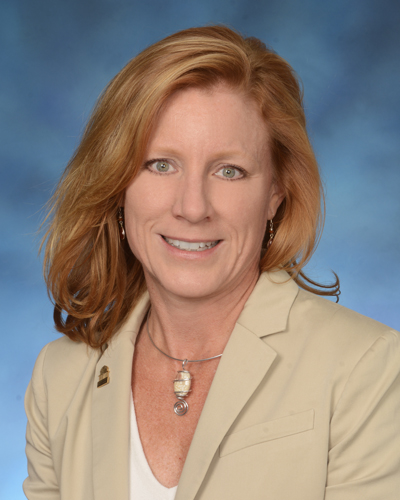
Thursday, January 27, 2022
Microbiome of Mother’s Vagina May Affect Infant Mortality Risk and Baby’s Development
A new study in mice from University of Maryland School of Medicine researchers showed that an unhealthy vaginal microbiome in pregnant mothers in combination with an unhealthy diet contributed to increased pup deaths and altered development in the surviving babies.
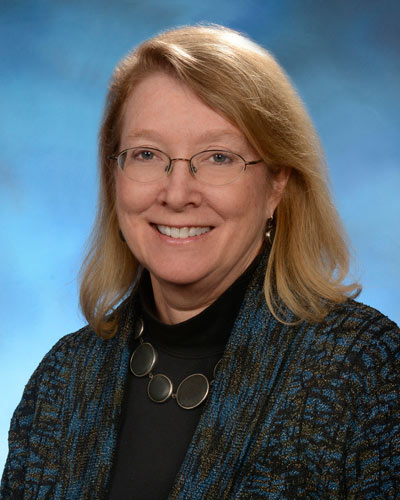
Friday, March 01, 2019
UMSOM Researchers Discover Clues to Brain Differences Between Males and Females
Researchers at the University of Maryland School of Medicine have discovered a mechanism for how androgens -- male sex steroids -- sculpt brain development. The research, conducted by Margaret M. McCarthy, Ph.D., Professor of Pharmacology and Chair of the Department of Pharmacology, could ultimately help researchers understand behavioral development differences between males and females.
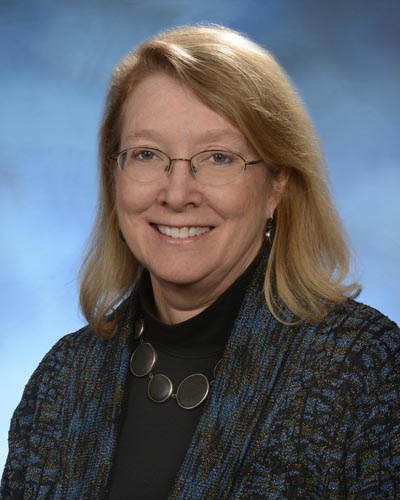
Tuesday, September 11, 2018
New Study Finds Unexpected Link Between Immune Cells and Male/Female Differences
Researchers at the University of Maryland School of Medicine (UMSOM) have made a surprising discovery: during fetal development, a particular immune cell seems to play a key role in determining the male or female characteristics of the brain.
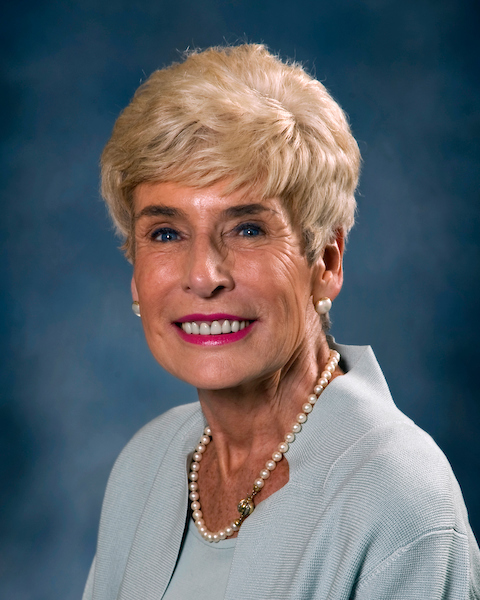
Tuesday, July 31, 2018
University of Maryland School of Medicine Establishes Two Endowed Professorships Through Private Gifts and Matching State Funds
University of Maryland School of Medicine (UMSOM) Dean E. Albert Reece, MD, PhD, MBA, announced today that the school has been awarded matching funds from the Maryland E-Nnovation Initiative Fund (MEIF), administered by the Maryland Department of Commerce. The funds, when combined with private philanthropy, will enable UMSOM to establish two new endowed professorships – one in Microbiology and Immunology, and one in Pharmacology.
